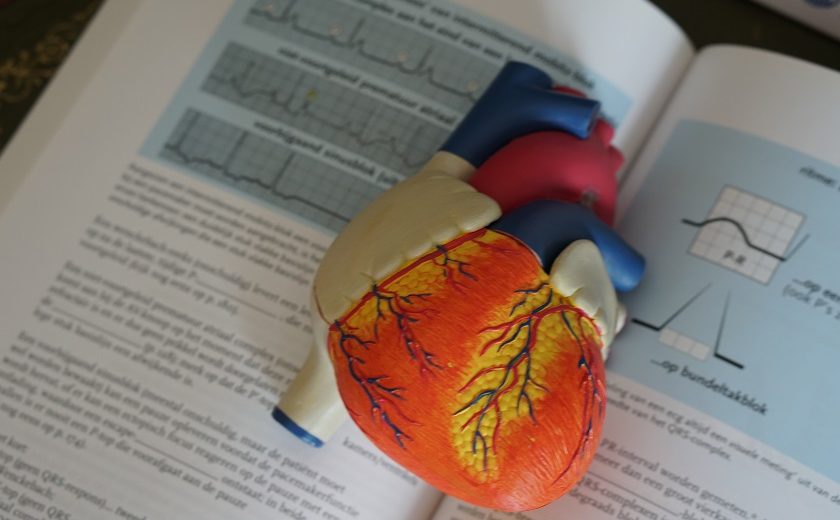What is high blood pressure? High blood pressure (HBP or hypertension) is when your blood pressure, the force of your blood pushing against the walls of your blood vessels, is consistently too high.
1. What causes high blood pressure?
There are two types of high blood pressure.
Primary (essential) hypertension
- For most adults, there’s no identifiable cause of high blood pressure. This type of high blood pressure, called primary (essential) hypertension, tends to develop gradually over many years.
Secondary hypertension
- Some people have high blood pressure caused by an underlying condition. This type of high blood pressure, called secondary hypertension, tends to appear suddenly and cause higher blood pressure than does primary hypertension. Various conditions and medications can lead to secondary hypertension such as:
- Obstructive sleep apnea
- Kidney problems
- Adrenal gland tumors
- Thyroid problems
- Certain defects you’re born with (congenital) in blood vessels
- Certain medications, such as birth control pills, cold remedies, decongestants, over-the-counter pain relievers, and some prescription drugs
- Illegal drugs, such as cocaine and amphetamines
2. What’s the difference between hypertension and hypotension?
- Hypertension: Blood pressure reading of 130/80mmHg or higher
- Hypotension: Blood pressure reading of 90/60mmHg or lower
3. Why is high blood pressure dangerous to one’s health?
High Blood pressure if untreated can lead to complications like :
- Heart failure and heart attacks
- Aneurysm, or abnormal bulge in the wall of an artery that can burst
- Kidney failure
- Stroke
- Hypertensive retinopathies in the eye, which can lead to blindness
4. Can a person tell if he or she could be having high blood pressure, even if it’s not been diagnosed before?
- Most people with high blood pressure have no signs or symptoms even if blood pressure readings reach dangerously high levels, so people call it a silent killer.
- A few people with high blood pressure may have headaches, shortness of breath, or nosebleeds, but these signs and symptoms aren’t specific and usually don’t occur until high blood pressure has reached a severe or life-threatening stage.
5. How often should an individual get his or her blood pressure checked – elaborate if can?
- If the reading is below 130/80 mmHg, then going forward have your blood pressure checked at least once every 5 years as it tends to creep up with age.
- If your BP is on the high side of normal (130/85mmHg to 139/89 mmHg) or if you are aged 40 or over, it’s best to have an annual check. If your blood pressure is 140/90 mmHg or higher, see your doctor for advice on hypertension
6. Can you please elaborate on what other health problems are associated with high blood pressure?
When your blood pressure is too high for too long, it damages your blood vessels – and LDL (bad) cholesterol begins to accumulate along with tears in your artery walls. This increases the workload of your circulatory system while decreasing its efficiency.
As a result, high blood pressure puts you at greater risk for developing life-changing and potentially life-threatening conditions
In most cases, the damage done by high blood pressure (hypertension) takes place over time. Left undetected (or uncontrolled), high blood pressure can lead to –
- Heart attack: High blood pressure damages arteries that can become blocked and prevent blood flow to the heart muscle.
- Stroke: High blood pressure can cause blood vessels in the brain to clog more easily or even burst.
- Heart failure: The increased workload from high blood pressure can cause the heart to enlarge and fail to supply blood to the body.
- Kidney disease or failure: High blood pressure can damage the arteries around the kidneys and interfere with their ability to filter blood effectively.
- Vision loss: High blood pressure can strain or damage blood vessels in the eyes.
- Sexual dysfunction: High blood pressure can lead to erectile dysfunction in men or lower libido in women.
- Angina: Over time, high blood pressure can lead to heart disease or microvascular disease (MVD). Angina, or chest pain, is a common symptom.
- Peripheral artery disease (PAD): Atherosclerosis caused by high blood pressure can cause a narrowing of arteries in the legs, arms, stomach, and head, causing pain or fatigue.
7. Which age group is more prone to get high blood pressure today?
- The older you are, the more likely you are to get high blood pressure. As we age, our blood vessels gradually lose some of their elastic quality, which can contribute to increased blood pressure
- Until age 64, men are more likely to get high blood pressure than women are. At 65 and older, women are more likely to get high blood pressure.

Article by:
Dr. G.S. Sridhar
Interventional Cardiology Specialist
Sri Kota Specialist Medical Centre


